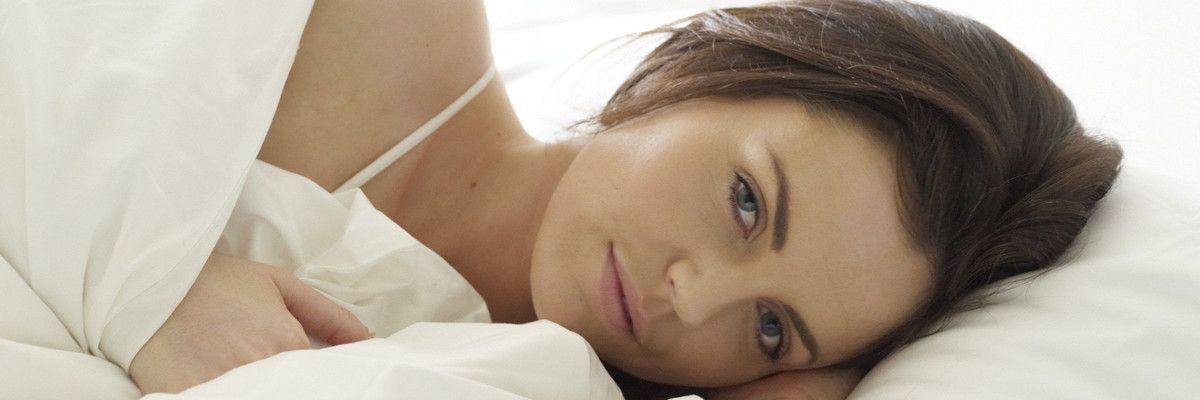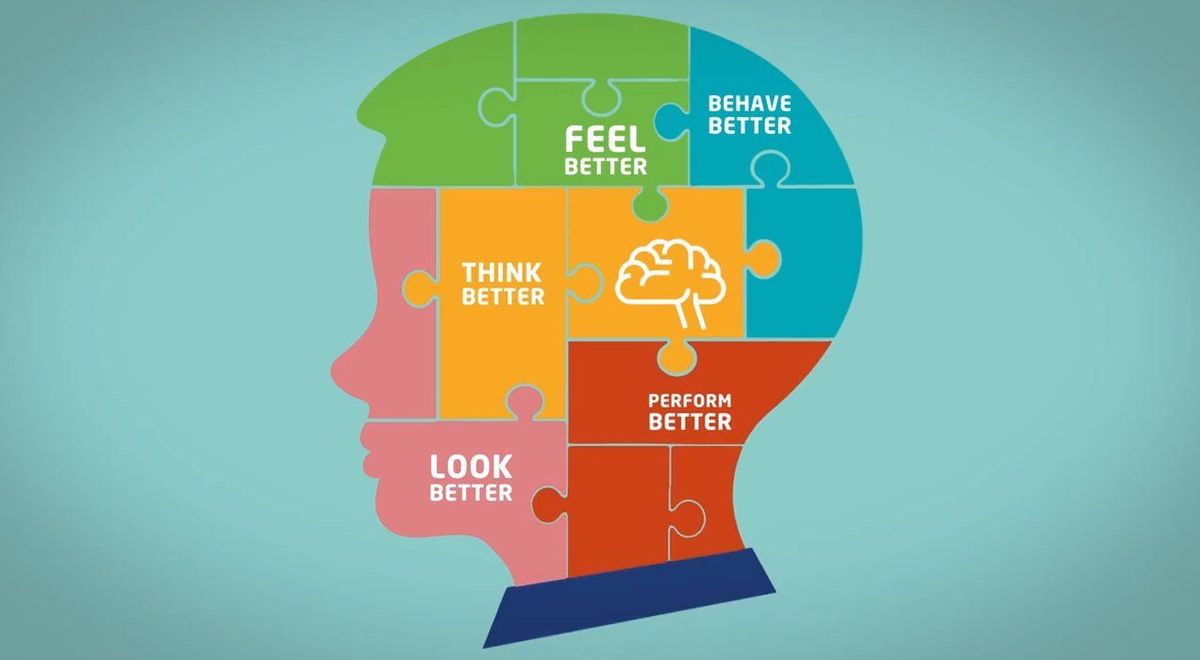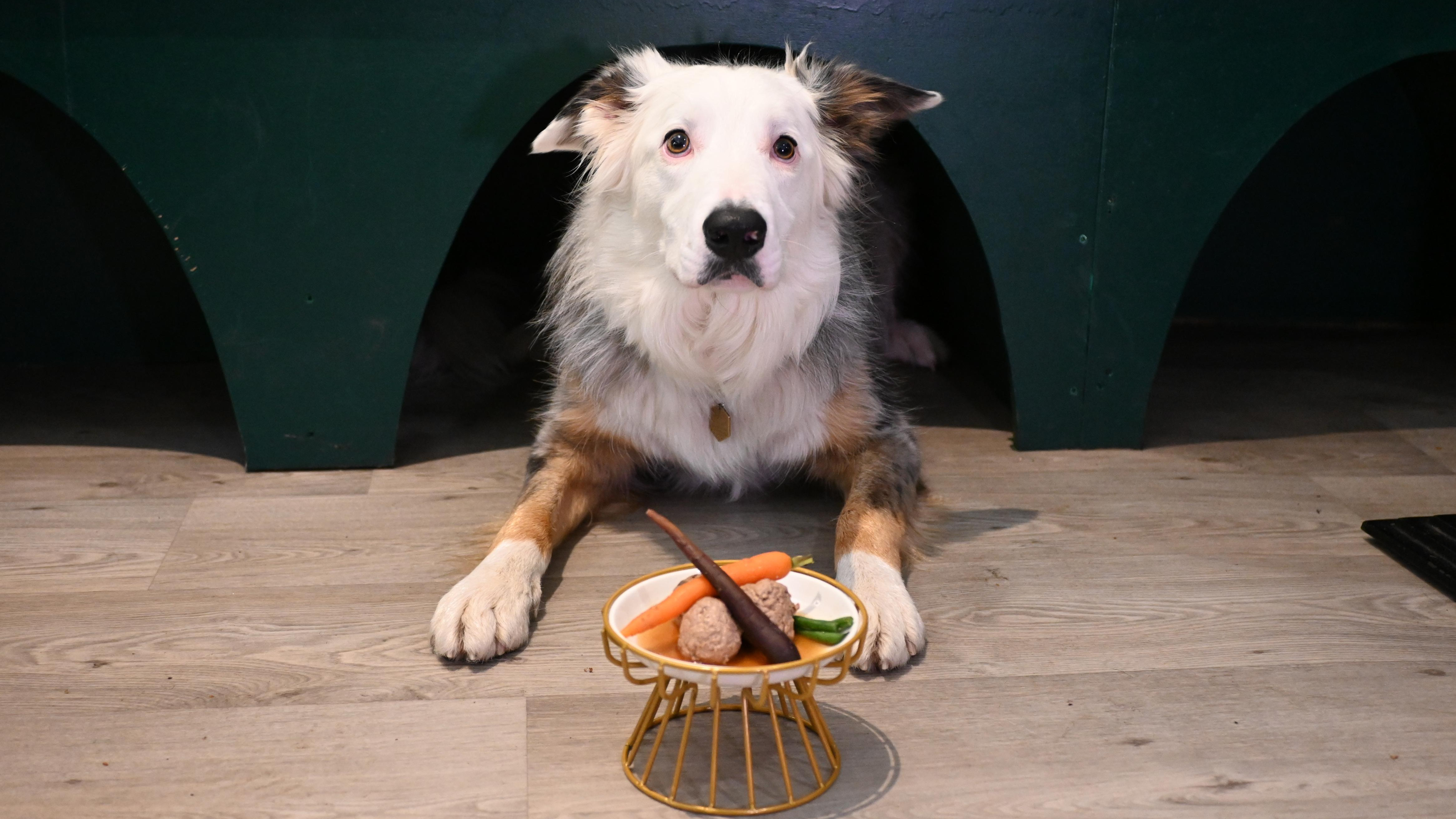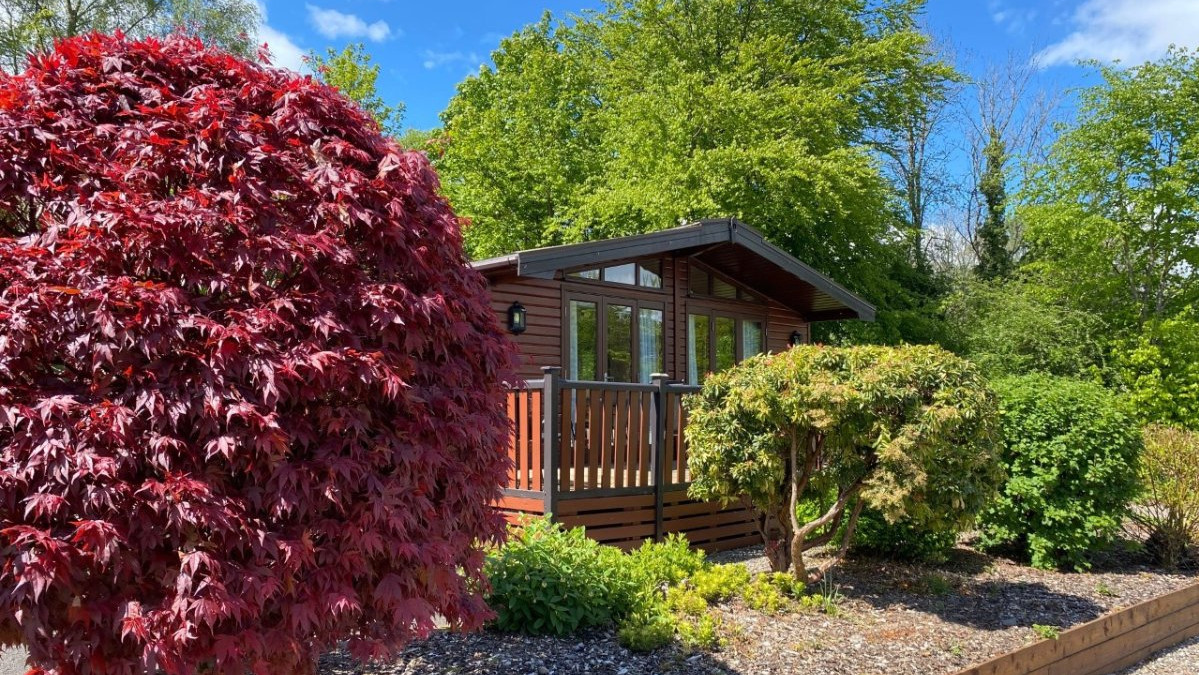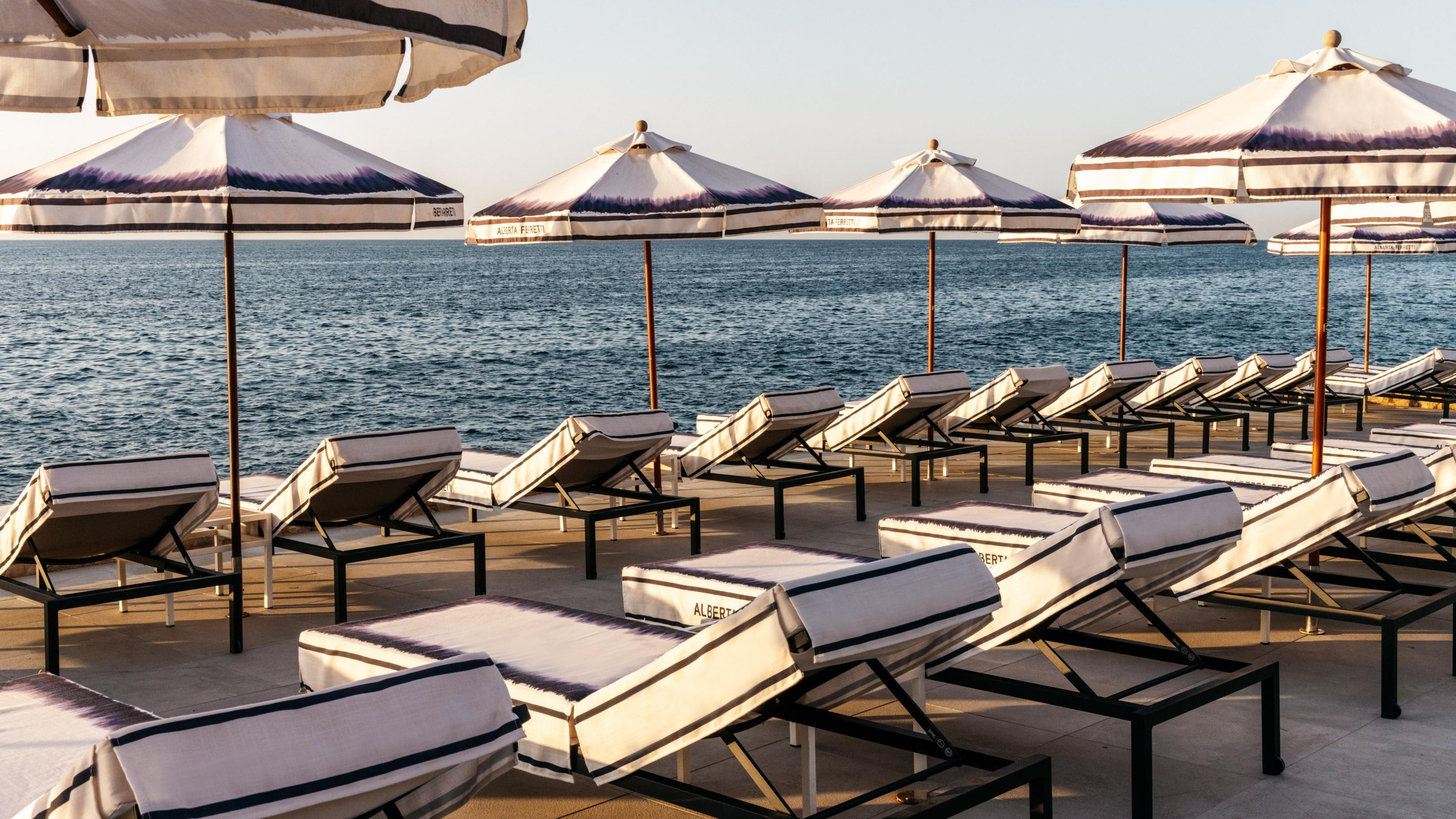February 5th 2020
Lisa Artis, Head of 'The Sleep Council' on the vital role sleep plays in our lives and how to improve yours.
Sponsored By
The Sleep Council
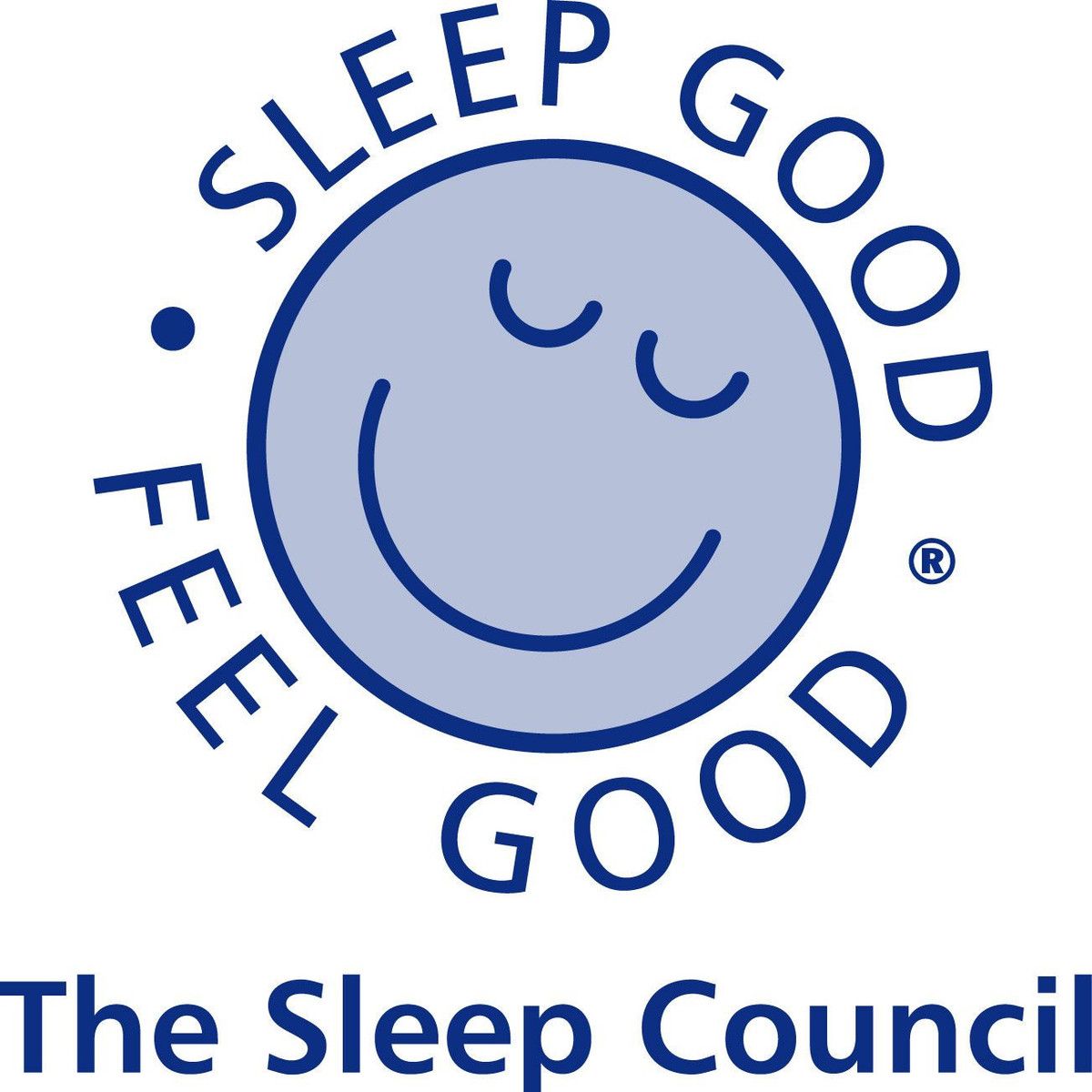
Like proper nutrition and exercise, sleep fulfils a vital role in keeping us healthy and happy. We need a good night’s sleep to ensure we’re feeling fit, thinking sharply and generally to give us the appetite and enthusiasm to make the most of everyday living.
However, poor sleep and fatigue are common problems, affecting millions of people world-wide. If sleep deprivation mounts up, people start getting sleepy during the day, they find it more difficult to make decisions, make more mistakes, have shorter tempers, slower reflexes and so on. There are many dangers of being sleepy at work – especially if your job involves driving or operating any kind of machinery. Did you also know that if a worker loses just one night of sleep his cognitive ability is roughly the same as being over the legal alcohol limit?
For too long we’ve seen sleep regarded as virtually an ‘optional extra’ when it comes to good health, but a growing tide of scientific evidence is proving that it is vital to both our physical and mental wellbeing. Unlike diet and exercise, the subject of sleep is barely mentioned in schools – and while access is given to all kinds of physical and wellbeing training in the workplace, help with achieving a good night’s sleep is rarely considered. Given that 200,000 working days a year are lost in the UK through sleep-related problems, that would seem to be an incredibly short-sighted approach.
The combination of shift work and added stress can also be a double whammy for those working in the healthcare sector to cope with - and strategies are needed to help with relaxation and to handle changing sleep patterns or to get the most out of broken sleep.
If you’re not getting as much rest as you need, try following these simple tips to help yourself to get a better night’s sleep.
1 – Keep a regular sleep routine: Keeping a regular sleep wake schedule helps the body’s sleep system stay in harmony and promotes feelings of sleepiness and drowsiness when your body is ready for sleep.
2 – Get out into natural light: Natural light (even on cloudy days), helps reset our internal body clock. It helps us get over feeling groggy when we have just woken up and makes us more alert. Get out into the natural light as soon as you can after waking up, and preferably around the same time every day.
3 – Exercise regularly: Exercise promotes the quantity and quality of your sleep, making it deeper and more refreshing. However, a few studies have shown that exercising too close to bedtime can prevent sleep, so we suggest leaving a window of at least two hours before bedtime without exercise.
4 – Avoid stimulants: eight hours before bedtime Although there are significant individual differences in how caffeine affects each of us, give yourself enough time between your last caffeine intake and your sleep time to make sure that it does not interfere with your ability to get off to sleep.
5 – Don’t go to bed full, hungry or thirsty: Eating at regular times helps strengthen our internal body clock. However, eating a heavy meal before bedtime can make it challenging to sleep at night. Drinking lots of liquid before bed will also increase the chances that we have to go to the bathroom during the night. Conversely, being hungry or thirsty at night can increase the chances of waking up. A balance should be struck between being sated but not full up before we go to bed.
6 – Be screen savvy: Using electronic screens just before bed and in the bedroom can keep us awake for longer as the blue light from these devices has the capacity to prevent the hormones that make us sleepy from being produced. Importantly, it is not just the light that can affect our sleep, but most activities that we use our devices for can keep us awake and alert.
7 – Don’t use alcohol to sleep: Although alcohol is a sedative, it can have a significant impact on the quality and quantity of your sleep. Our sleep tends to become fragile and light when we have a lot of alcohol in the evening and can lead to lots of awakenings in the latter part of the night and feelings of being unrefreshed during the day.
8 – Avoid nicotine before bed: Nicotine is a short-acting stimulant that can keep you awake and so should be avoided in the later part of the evening and during the night if you happen to wake up.
9 – Keep your bedroom cool, dark and quiet: Heat, light and noise can impact on our ability to get off to sleep and increase the chances that we wake in the night. Making sure the bedroom is cool, dark and quiet can improve the quality of our sleep as can sleeping on a comfortable, supportive bed.
10 – Ensure that bedroom clocks are not visible: It is common to watch the clock when we are awake at night. For some of us, this can increase our anxiety levels and further prevent us from being able to fall asleep. It is not necessary to remove the clock, as, for example, some people rely upon their alarm clocks to get them up in the morning, but having the clock face out of sight will help reduce any sleep anxiety.
For more information and advice from The Sleep Council, click here
To access the 30 Day Better Sleep Plan – which can help you start sleeping better in four weeks - click here
Or to download any of the advice sheets around shift work, jet leg etc click here
For our leaflets click here
If you’re having trouble sleeping, keeping a sleep diary can help identify what’s keeping you awake. Sometimes sleep troubles are a result of bad sleep habits for example drinking too much caffeine before bedtime, not exercising or poor sleep hygiene click here

